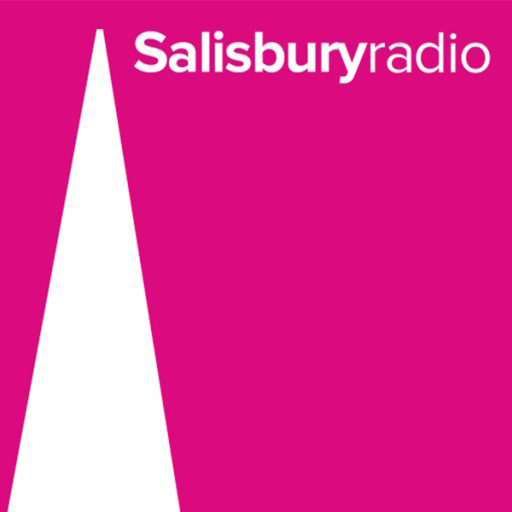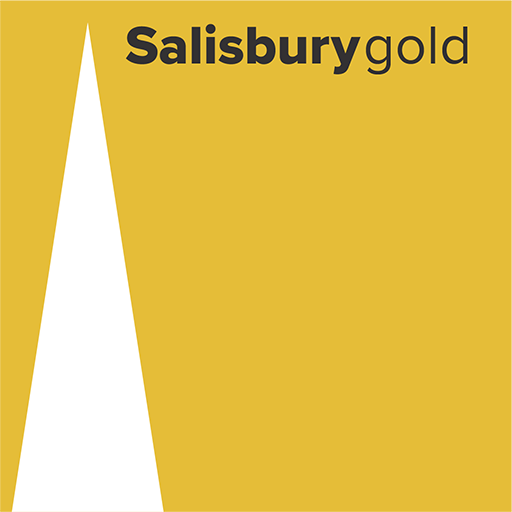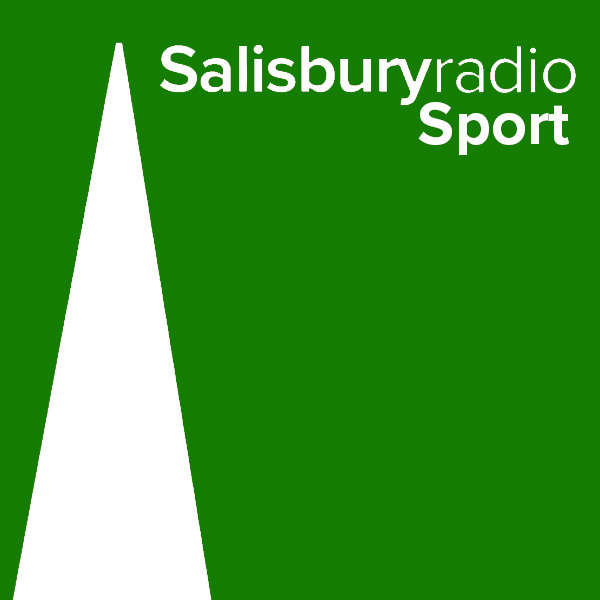Areas of grass are being left uncut in Salisbury to encourage biodiversity according to Salisbury City Council.
The local authority has once again taken an opportunity to increase some areas of grass that are left uncut in its parks, open spaces and road side verges.
By enlarging existing areas of long grass, adding new ones and sowing wild flowers, the Council aims to show its commitment to nature and biodiversity.
Long grass and wild flowers provide nectar for bees and increase insect life, which results in food for larger insects and birds, which in turn provides food for even larger birds and mammals and so the food chain and life cycle goes on.
Providing a place for bees to thrive is also part of the plans. The honey bee population is in dramatic decline. The effects of the demise of this tiny creature could have a devastating impact on food.
It's claimed that Albert Einstein once said, "If the bee disappeared off the surface of the globe, then man would only have four years of life left.
"No more bees, no more pollination, no more plants, no more animals, no more man."
With less than favourable weather over the spring, the Council say wild flowers are yet to bloom, the grass is now growing and both will benefit from the warmer weather forecast.
Hudsons Field, Victoria Park, The Greencroft and in particular Churchill Gardens have seen new and larger areas of long grass and more parts of the verge along the ring road have been left uncut.
Following an approach from residents on Paul’s Dene, more areas here have been allowed to grow and the Council will work closely with the residents to agree an appropriate cutting regime to balance the benefits to nature and to people living in the area.
If you live in an area where you think there are appropriate areas that could be left uncut, please get in touch with the Council by emailing parks@salisburycitycouncil.gov.uk

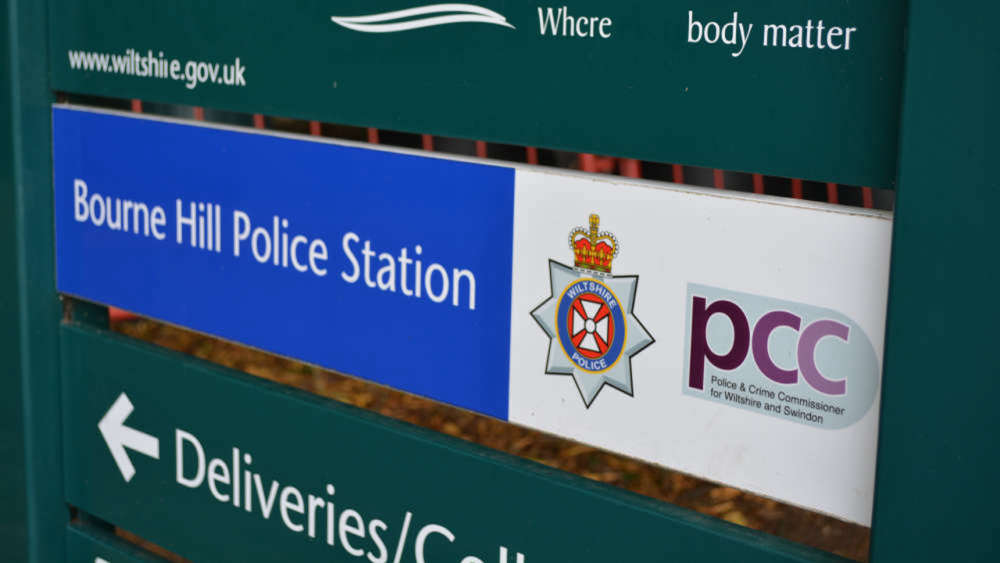 Missing 81-Year-Old Man Located
Missing 81-Year-Old Man Located
 Salisbury City Council Funds St John Ambulance New Year’s Eve Medical Cover
Salisbury City Council Funds St John Ambulance New Year’s Eve Medical Cover
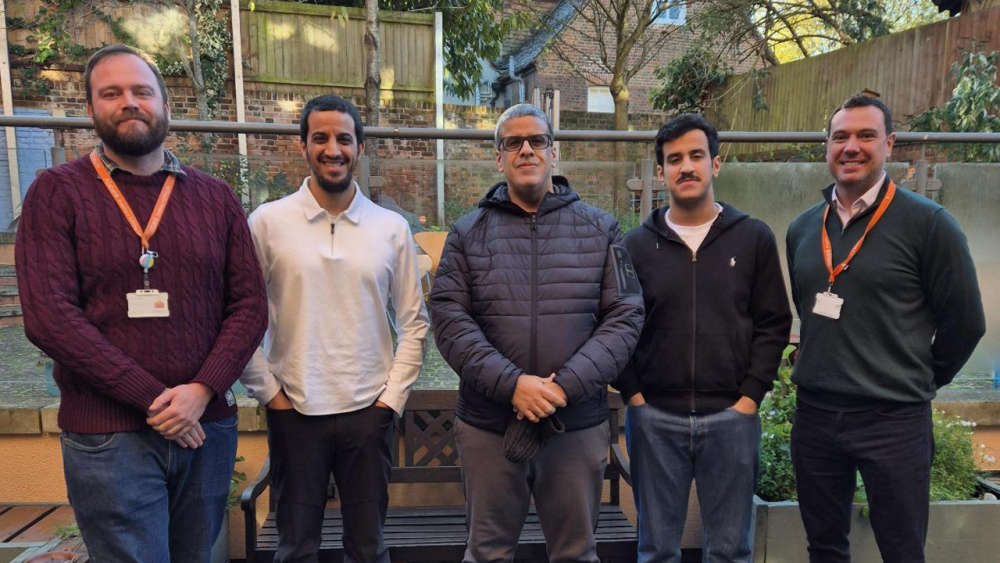 Salisbury FC Chairman Visits ALABARÉ as Club Donations Reach £10,000
Salisbury FC Chairman Visits ALABARÉ as Club Donations Reach £10,000
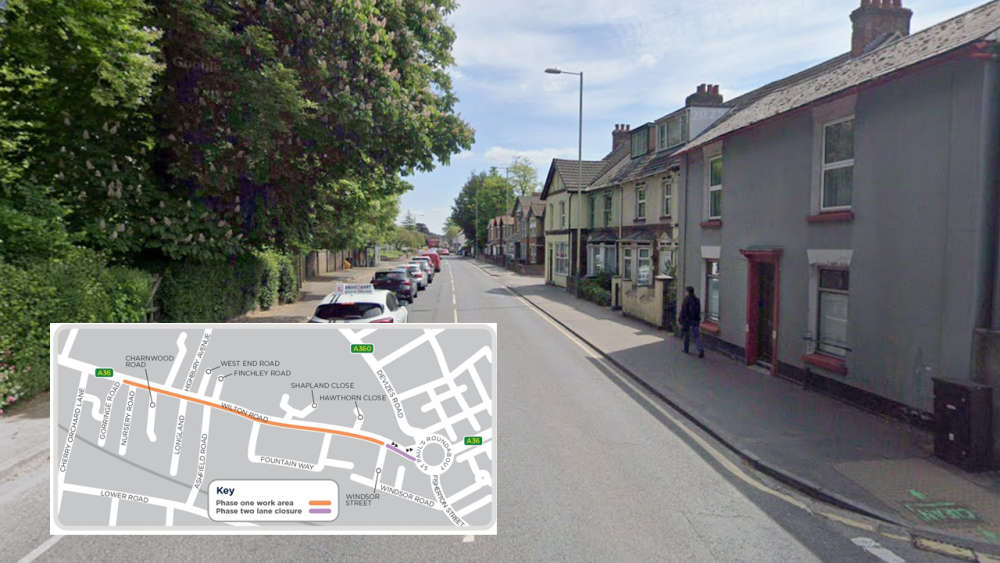 Essential Gas Main Replacement to Begin in Salisbury Next Week
Essential Gas Main Replacement to Begin in Salisbury Next Week
 Song for Christmas Champions 2025 Crowned
Song for Christmas Champions 2025 Crowned
 Young Gallery launches contemporary art exhibition showing works by Group 7
Young Gallery launches contemporary art exhibition showing works by Group 7
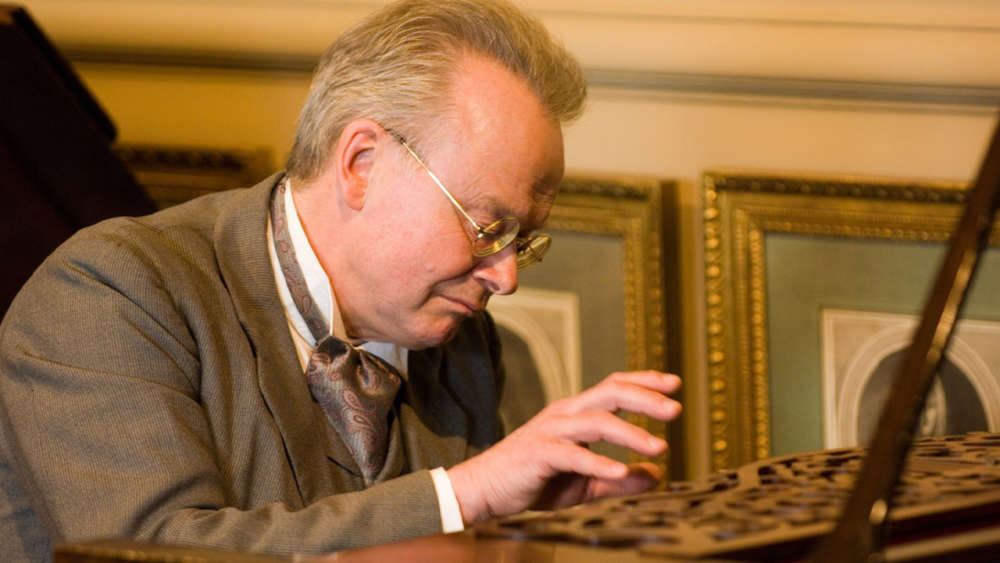 Candlelight concert by David Owen Norris comes to Salisbury Cathedral this January
Candlelight concert by David Owen Norris comes to Salisbury Cathedral this January
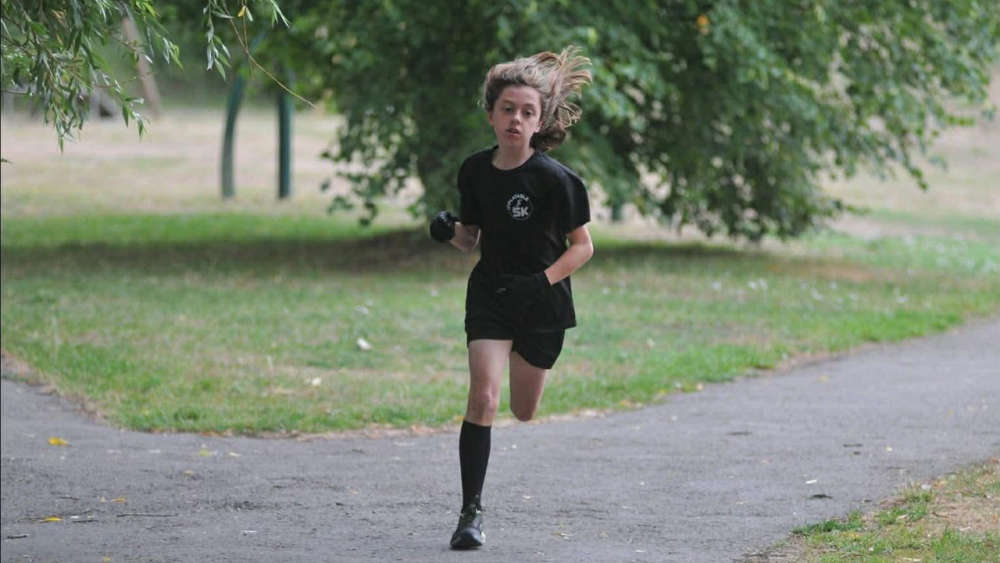 12-Year-Old Salisbury Boy Reaches 250th parkrun Milestone
12-Year-Old Salisbury Boy Reaches 250th parkrun Milestone
